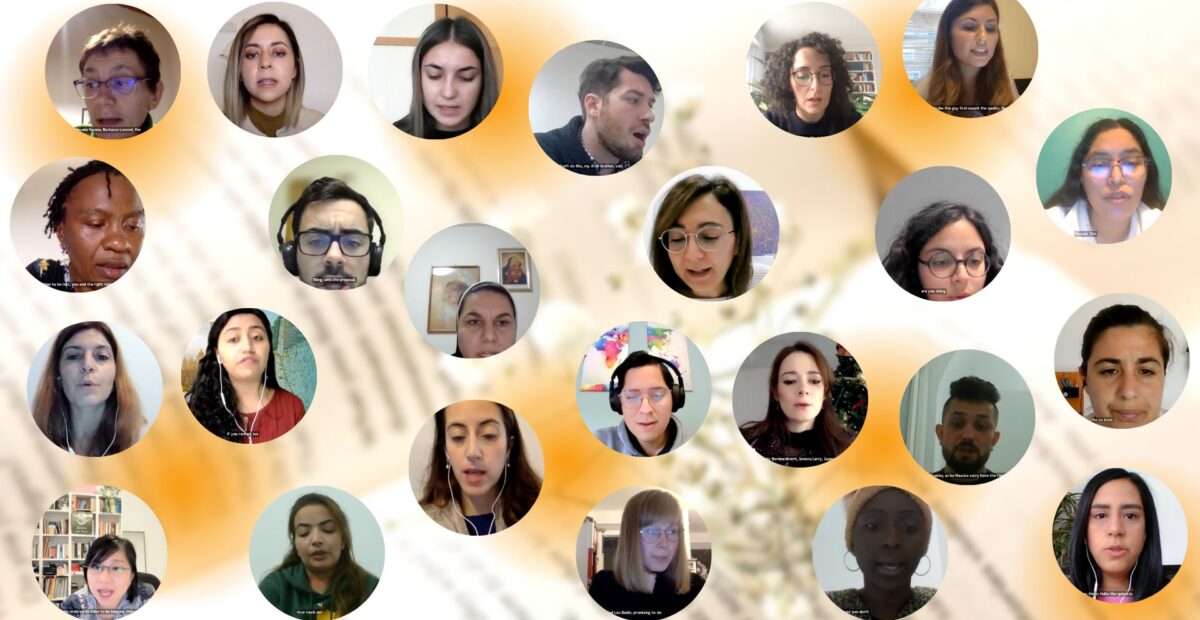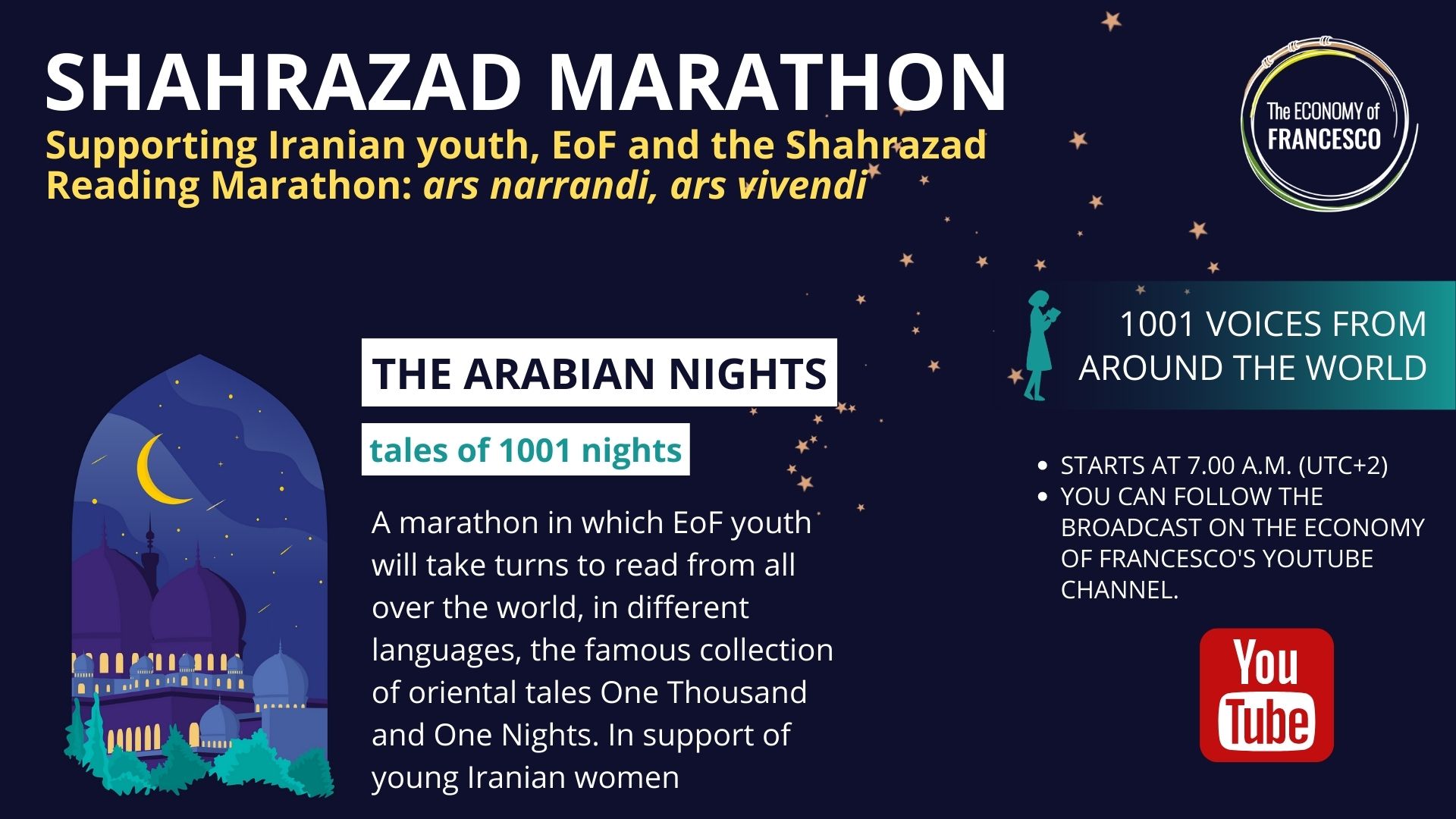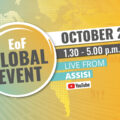
Workshop
Narrators in support of Iranian women. The saving power of the narrated word

2022 was not an easy year to talk about peace and human rights. We have seen entire cities bombed, as in the case of Ukraine, but we also saw populations unjustly attacked by their own leaders, to try to define what is happening in Iran.
Here on the United World Project website, in the course of the years, we have narrated of some of the initiatives born from the pain and wounds that try building bridges of fraternity. To these we add another one, that draws inspiration from the power of speech.
To better understand what this is about, let’s go back to the month of September of this year. Mahsa Amini was a young 22-year-old Iranian. She was arrested at Teheran by the “Moral police” on the 13th of September. The reason: she wore the hijab “incorrectly”. She was conducted to a police station, where she then passed away.
Her death caused the outrage of thousands of people not only in Iran, but also in the whole world. Many women in Iran chose to protest, throwing and burning their own hijabs. Many Iranian men also joined these protests; the government, though, responded with even more ferocity, sentencing many of them to hang.
In the world, many women have adopted the ancient tradition of the curda, cutting of the hair to express grief, transforming it in a sign of revolt and support for the Iranian women.
And in this context, an initiative that tries to embrace and value the power of speech was born. It is a reading marathon organized by the youth of The Economy of Francesco.

“We feel the need to be close to the Iranian women who fight for their liberty and to the youth who try – risking their lives – to build a better future”, declare the youth in a press release. “We will do so with words, to highlight the ‘saving’ power of speech, the right to expression and protest”.
And they did just as they said. They arranged to meet on the 7th of December, the date on which Student’s Day is celebrated in Iran. The marathon started at 7 ‘o’clock in the morning (Central Europe time). Every 30 minutes, a different person read a short story or excerpt from one of the tales from the Arabian Nights, a book that was not chosen at random.
This begins with the story of King Shahriyar, who, betrayed by his wife, decides to get married to a different woman every day, to then kill her. This happens till Shahrazad, the vizier’s daughter, comes up with a solution with the help of her sister, Dinarzad: to entertain the king each night by telling him a new story and postponing the end of the tale until the following night. The experiment works, and by the end of the “thousand” tales, the king forgets of his hatred for women.
The tales, the narrations, became a safe place for those women. And today, eleven centuries after the book was written, history retrieves its pages to take in the pain of Persian women and to remind us that a woman’s word is life, wisdom and community.
From Italy, Portugal, Germany, the Coast of Ivory, Norway, Guatemala, Mexico, Peru, Argentina, and Philippines till the Middle East lands, passing through Iraq, Afghanistan, Pakistan, and Syria, the youth of The Economy of Francesco passed the baton reading, narrating, telling and leaving a mark in the history.
The dawn has broken – Shahrazad said -. What remains is the most beautiful part of the tale.” The Sultan, determined to hear the end, left Sherazad still alive for that day…
The Arabian Nights






